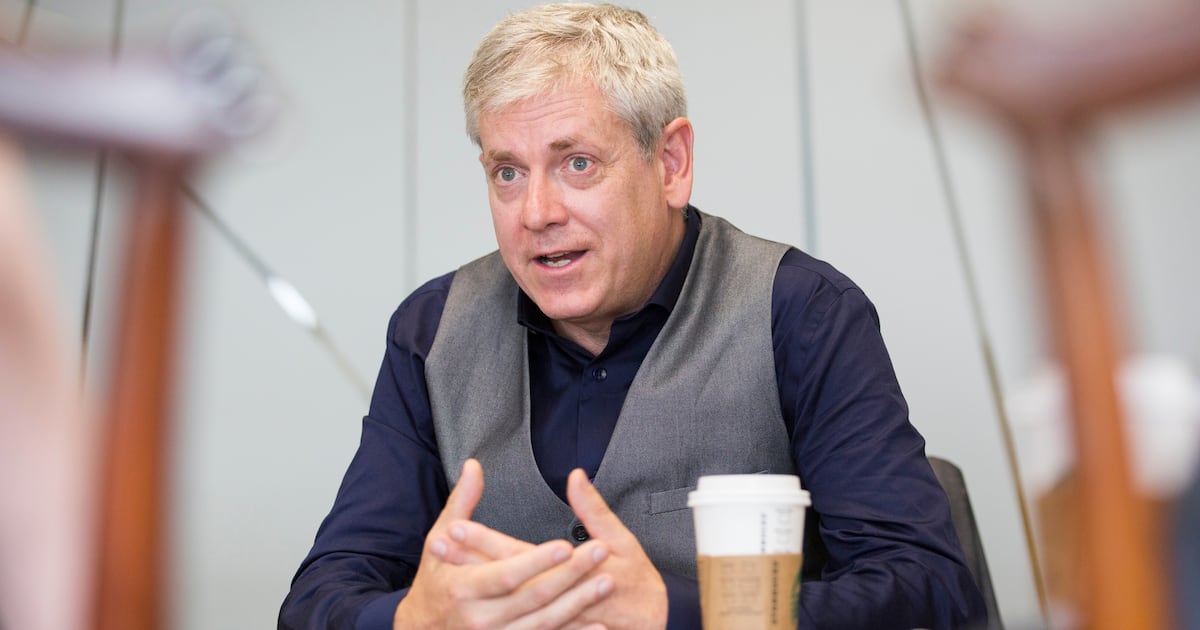David Pryce-Jones' obituary for communist Eric Hobsbawm is brutally frank.
After a childhood in Vienna and Berlin, Hobsbawm came to England to escape Nazism. His autobiography, Interesting Times, reveals the arrogance and superiority he brought to his adopted country: “I refused all contact with the suburban petty bourgeoisie, which I naturally regarded with contempt.” His sister was a “country matron and Conservative party activist,” and so he would have nothing to do with her. Awarded a scholarship to King’s College, Cambridge, that most elite of institutions, he took his place among kindred spirits including Anthony Blunt and his lover Guy Burgess, Donald Maclean, and Kim Philby. Also there was James Klugmann, who was later a member of the central committee of the British Communist Party and whose sinister wartime role was to facilitate the Communist takeover of Yugoslavia. Another admired friend was Ruth Kuczynski, who had “a long and adventurous career in Soviet intelligence.” All were to be spies for the Soviets and traitors to Britain. Like them, Hobsbawm was doing whatever he could to make sure that less fortunate people would not have the privileges and freedom he himself enjoyed.
Throughout his career, Hobsbawm never deviated from the Communist Party line set in Moscow. Many Party members in many countries resigned over the Hitler-Stalin Pact of August 1939, but he smoothed over this cooperation with Nazism as “the refusal of the USSR to continue opposing Hitler.” When Stalin then invaded the Baltic states and deported half their populations to exile and death in Siberia, Hobsbawm hit on the euphemisms that these states had been “acquired” or “transferred” (and when Communism ended they are supposed to have “seceded”). In December 1939, Stalin further invaded Finland. Hobsbawm and Raymond Williams, a Communist of similar type, wrote a pamphlet to claim that the Red Army was in Finland to protect Russia from a British invasion. Both men could not help knowing that at the time Britain expected a German invasion and was in no position to invade Soviet Russia. At the end of the war, in the face of the Red Army takeover of Eastern and Central Europe, Hobsbawm could assert, like any Soviet hack, that “the USSR was neither expansionist — still less aggressive — nor counting on any further extension of the Communist advance.” He defended the Soviet invasions of Hungary in 1956 and Czechoslovakia in 1968. China carried the torch: Under Mao Tse-tung, “the Chinese people were doing well.”





